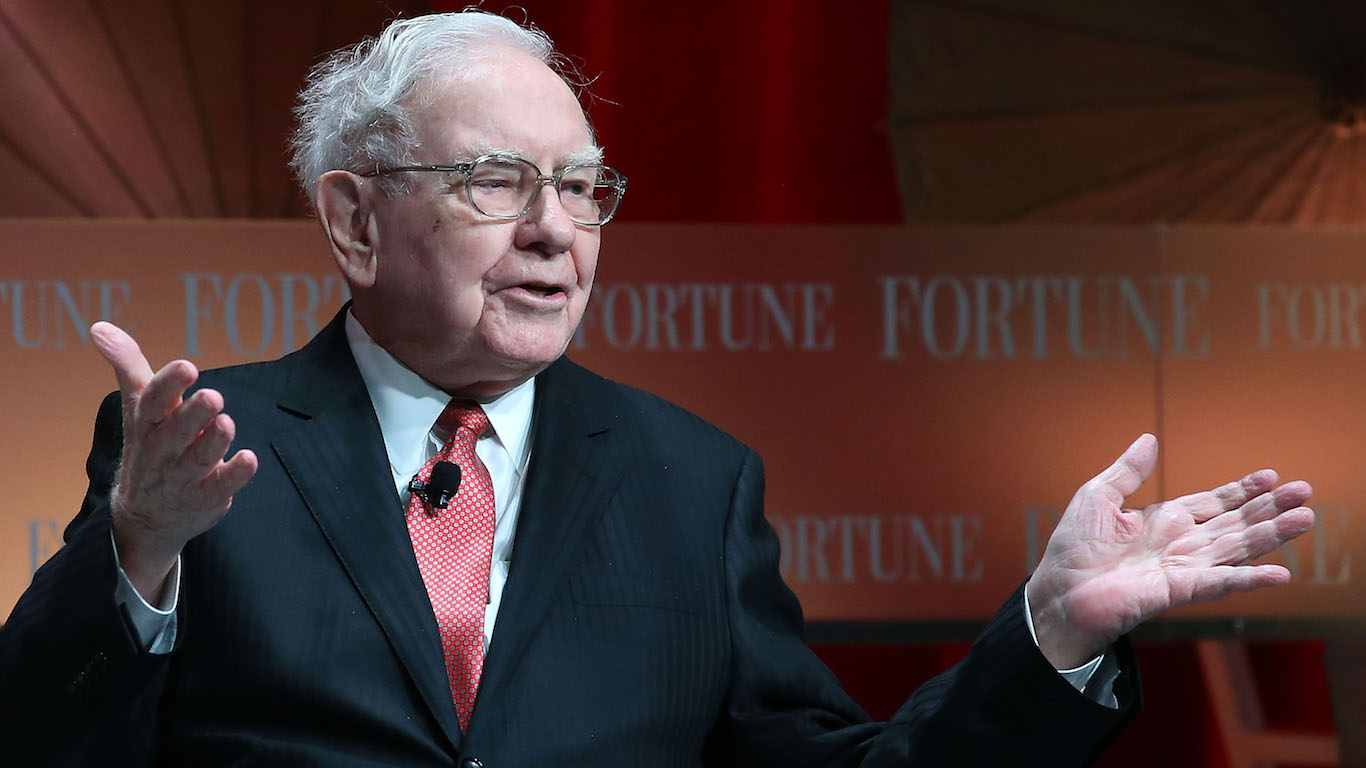
compensation for actions taken through them.
Key Points:
- Key geopolitical problems confronting the Trump administration will be tensions between Taiwan-China, Israel-Gaza, and Ukraine.
- There are smaller brewing conflicts in Mali, the Democratic Republic of Congo, Sudan, South Sudan, Yemen, and Syria.
- Also, credit card companies are offering incredible rewards for new borrowers today. See our top picks with the best rewards by clicking here now.
Flywheel Publishing has partnered with CardRatings for our coverage of credit card products. Flywheel Publishing and CardRatings may receive a commission from card issuers.
Watch the Video
Transcript:
[00:00:00] Austin: Now, turning our attention forward a little bit, you know, away from the 2024 election ahead to 2025. Uh, you know, Trump is going to be thrown into a very dicey, challenging geopolitical situation. What are the geopolitical challenges that he will face on day one? There’s no shortage of issues that, you know, existing conflicts and tinderboxes that threaten to grow into major conflicts.
[00:00:23] Michael Muir: Of course, well, I think the one that is going to dominate, um, the early part of his presidency, uh, is going to be Ukraine. Um, we’ll get into that in a bit more detail. What I would sort of define as the big three challenges facing the incoming Trump administration, Ukraine, Getting an end to that conflict one way or the other is going to be probably the first priority. Second one will be figuring out exactly what’s going to happen in Israel Gaza. And then third, which is not immediate concern, but could soon become one, will be the situation, um, with Taiwan and China. I’m sure if that’s going to come to fruition in this next presidential term, but it’s certainly going to be in the next sort of four to eight years. Um, there’s going to be, there’s going to be, Likely to be some movement there. Um, the incoming administration is going to certainly have to have plans in place for,
[00:01:11] Austin: Uh huh.
[00:01:12] Michael Muir: there are other kind of hotspots around the world, which won’t demand immediate attention. Um, but should there’s, you know, they should keep an eye on, um, you’ve got the deteriorating situation in Mali.
[00:01:24] Michael Muir: Um, that is a. Country that is on the brink of civil war. Um, as we speak now, you know, there was a NATO peacekeeping mission there that was forced to pull out equally. The French, um, failed in their kind of insurgency operation in the area and were compelled to leave. Um, so that could escalate in the next year or so. similarly, a Democratic Republic of Congo and Central Africa are both, um, both, uh, in a very difficult situation. Um, there’s a lot of armed rebel groups that are running around there. Um, and, you know, if we’re talking about, um, importance of the Democratic Republic of Congo for global trade, you know, that is a literal gold mine, um, and a lot of precious materials and metals and as we, you know, the, um, cobalt and lithium, et cetera, um, it’s going to be significant of significant interest to global trade.
[00:02:12] Michael Muir: China has a huge amount of investment interest there. Um, so although it might not be an immediate priority, it is a situation that is. That has been bubbling under for a long time and it could boil over, um, in the next year or so, uh, similarly, uh, both Sudan, South and, uh, Sudan and South Sudan, um, that is an ongoing situation, which is, uh, deteriorating once again.
[00:02:33] Michael Muir: I mean, it is kind of being kind of lurching from one crisis to the next. Again, that’s going to demand attention. I don’t know if that’s going to, that won’t be a priority for the Trump administration, certainly, but that is a situation that they should be monitoring.
[00:02:46] Austin: Right.
[00:02:47] Michael Muir: and then of course the ongoing crises in Yemen and Syria, which are kind of ancillary to the Israel situation.
[00:02:53] Michael Muir: So
[00:02:54] Austin: Yeah,
[00:02:54] Michael Muir: But that’s, that would be true of any president.
[00:02:57] Austin: Absolutely. Certainly no no shortage of challenging situations and in an election where, you know, the question of the U. S. ‘s role in global stability and global peace very much seems to be on the ballot, and it was not the biggest issue that people voted on, at least at the polls, but it was also, it was present in a way that maybe was not present in the Trump administration.
[00:03:21] Austin: Biden prior election. So it does appear to be a bigger issue, and it is a bigger issue with more potential conflict now than it was four years ago, with Israel, Ukraine, Taiwan, all being sort of, let’s say, top shelf priority. But then you have to keep an eye on Mali, the Republic of Congo, Sudan, Syria, Yemen.
[00:03:37] Austin: It’s a full, it’s a full geopolitical plate, uh, and at a time when there’s also domestic issues. So a challenging docket to be sure.
[00:03:46] Michael Muir: Yeah, so I think, you know, in the election again, as you quite rightly say, I don’t think foreign policy was what drove people to vote, but we did see two very contrasting messages from the candidates. You know, Trump is that sort of nativist America first outlook, which is always had a home in American politics. Um, so, you know, the public perception kind of. Waivers between internationalism and just taking care, you know, looking inward and looking outward on the American people were, you know, made that choice in November where they want to take care of their own affairs first, you know, I don’t think a president can ever truly be isolationist of what they say.
[00:04:26] Michael Muir: But I think this kind of non intervention, non interventionist, hands off approach for what seemed to resonate more with the voters in November. They made their choice.
[00:04:35] Austin: Agreed. Mhm.
Flywheel Publishing has partnered with CardRatings for our coverage of credit card products. Flywheel Publishing and CardRatings may receive a commission from card issuers.
It’s Your Money, Your Future—Own It (sponsor)
Retirement can be daunting, but it doesn’t need to be.
Imagine having an expert in your corner to help you with your financial goals. Someone to help you determine if you’re ahead, behind, or right on track. With SmartAsset, that’s not just a dream—it’s reality. This free tool connects you with pre-screened financial advisors who work in your best interests. It’s quick, it’s easy, so take the leap today and start planning smarter!
Don’t waste another minute; get started right here and help your retirement dreams become a retirement reality.
Thank you for reading! Have some feedback for us?
Contact the 24/7 Wall St. editorial team.





